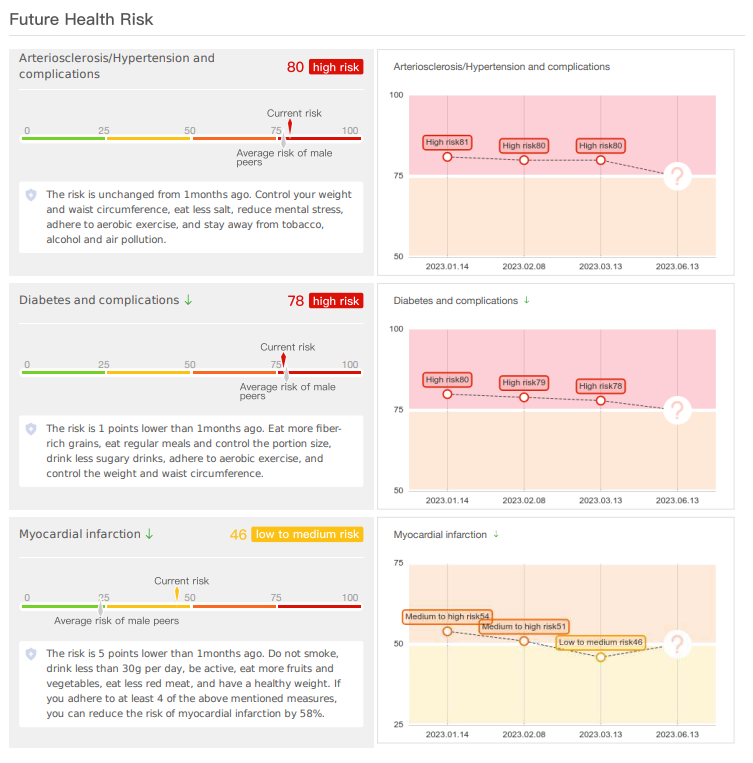New AI-Powered Health Assessment Camera
A low-cost, easy-to-use device provides fast and painless health screening for everyone.
Dear Personal Science Subscribers:
Some friends have built a new easy-to-use camera that generates a detailed health assessment based on a photo of your eye. We’re looking for partners who can help bring this to market. See the details below and please contact me directly if you know anyone who might be interested.
Demo
Here’s a two-minute video to show how it works. This is an early prototype, so for now it requires an attached Windows PC for basic health metadata entry (e.g. name, age, pre-existing conditions, etc.). We are building a version that uses a smart phone instead.
Sample Report
The technology can identify dozens of important health conditions, ranging from eye diseases like retinopathy, to cardiovascular and metabolic health, to long-term chronic conditions like Alzheimers and much more. While a commercial version would need FDA approval to make specific claims, our internal testing makes us confident that it would pass the clinical trials necessary. Until then, these reports must be treated as prototype samples.
Here’s an excerpt of my results. Note that the report also tracks trends: I’ve been testing myself monthly since the beginning of the year, so I have a record of my progression.

Caveats etc
This is an early prototype and I have no idea how to judge the accuracy of the reports. On the one hand, it runs an algorithm trained on tens of millions of labeled images from China, where it has been clinically evaluated and approved by regulators. But an algorithm like this relies on extremely subtle differences — far more subtle than a human could ever evaluate — and there is research that suggests ethnicity might be factor. Until we gather enough data from other caucasians, it’s hard to tell whether the results will be applicable out-of-the-box for people outside China.
It has not escaped my attention that the results it gives for me are fairly alarming —I mean, who wants to be at “high risk” for arteriosclerosis and diabetes? For what it’s worth, on other metrics my doctor and I have used — calcium scans, a treadmill heart stress test, significant glucose monitoring — I am quite healthy. It’s possible, perhaps likely, that my results simply reflect the lack of calibration on non-Chinese ethnicities.
On the other hand, the results are consistent across tests, indicating that it is measuring something. Perhaps a simple ethnicity recalibration is all that’s required.
Next Steps
The camera itself is very inexpensive — a few thousand dollars — but compares favorably to a $50K or $100K professional version you’d find at an optometrist. Unlike its competitors, this one requires no training whatsoever to operate, as you can see from the video.
Bringing a device like this to market in the US will require some level of regulatory approval. I’m already in contact with FDA and others, a process that will take some investment in time and money. Meanwhile, due to its painless and non-invasive status, we think we can offer the product more quickly with limited features. Regulators are much more strict with a product that provides a “diagnosis”, but we may be able to instead provide more a more general “assessment”, perhaps in cooperation with physicians or others who are authorized to provide health care.
If you’d like to hear more, or see an in-person demo, please contact me at:
sprague@personalscience.com or call 1-650-265-0580.


